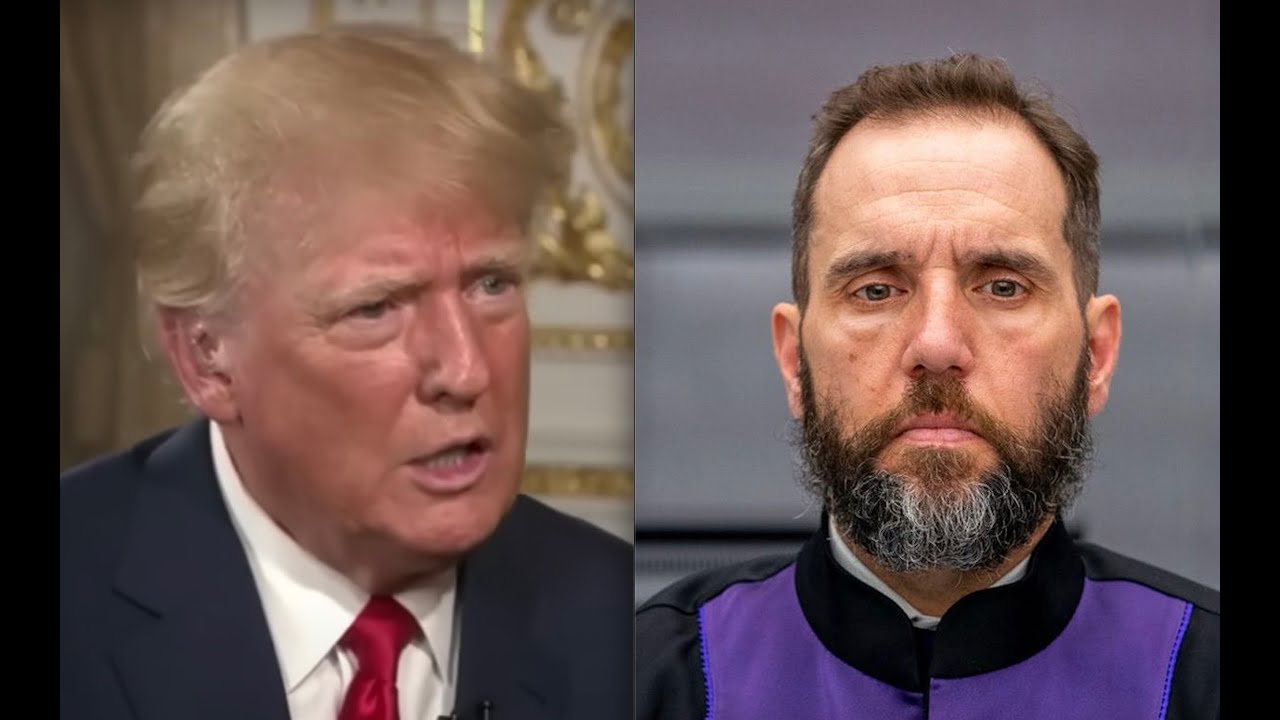In a monumental decision shaking the core of Biden’s DOJ, the U.S. Supreme Court has delivered a significant blow to the prosecution’s efforts against former President Donald Trump, overturning key obstruction charges related to the January 6 Capitol protests. This ruling not only impacts hundreds of individuals already convicted but also directly undermines Special Counsel Jack Smith’s case against Trump.
On Friday, the Supreme Court ruled 6-3 in Fischer v. United States, clarifying the interpretation of 18 USC §1512(c)(2), a statute central to many January 6 cases. According to the court, for a violation of this law to be proven, it must be demonstrated that the defendant obstructed, influenced, or impeded an official proceeding by tampering with records, documents, objects, or other items used in said proceedings. This decision vacates previous judgments and sends cases back to lower courts for reassessment under the new interpretation.
This ruling is a game-changer. The statute, initially designed to penalize those corruptly destroying or concealing evidence, has been wielded by Biden’s DOJ to jail over 300 individuals involved in the January 6 protests, including Trump. With this reinterpretation, the charges lack the necessary foundation, leaving the DOJ’s case floundering.
Jack Smith’s indictment of Trump included two charges under this very statute, accusing him of conspiracy to obstruct an official proceeding. Given the Supreme Court’s decision, these charges are significantly weakened. Legal scholars, such as Jonathan Turley, have noted that continuing the case against Trump on this shaky ground is untenable. “It’s hard to see how Jack Smith’s indictment against Trump holds up after this ruling,” Turley stated.
Smith, however, appears undeterred and has hinted at seeking alternative routes to sustain the charges. His argument pivots to claims that alternative electoral certificates allegedly used in the proceeding qualify as fraudulent documents. Yet, these documents were neither signed nor sent by Trump, making Smith’s workaround appear increasingly desperate.
This ruling extends beyond Trump, affecting numerous January 6 defendants who have been serving time under the disputed obstruction statute. U.S. Attorney Matthew Graves issued a stern warning to the Supreme Court and those individuals, indicating ongoing efforts to maintain some form of accountability despite the recent legal setback.
The Supreme Court’s decision marks a pivotal moment in the ongoing saga of January 6 prosecutions, exposing the overreach of Biden’s DOJ and casting doubt on the integrity of their actions. As details unfold, it becomes clearer that this ruling could reshape the entire narrative around January 6, challenging the mainstream portrayal and underscoring the necessity for a more nuanced view of the events and their aftermath.
Jack Smith’s case against Trump now stands on precarious ground, and the implications for the broader judicial landscape are profound. This development demands rigorous scrutiny and robust debate, pushing us to question the narratives we’ve been fed and urging us to consider alternative perspectives.


Leave a Comment